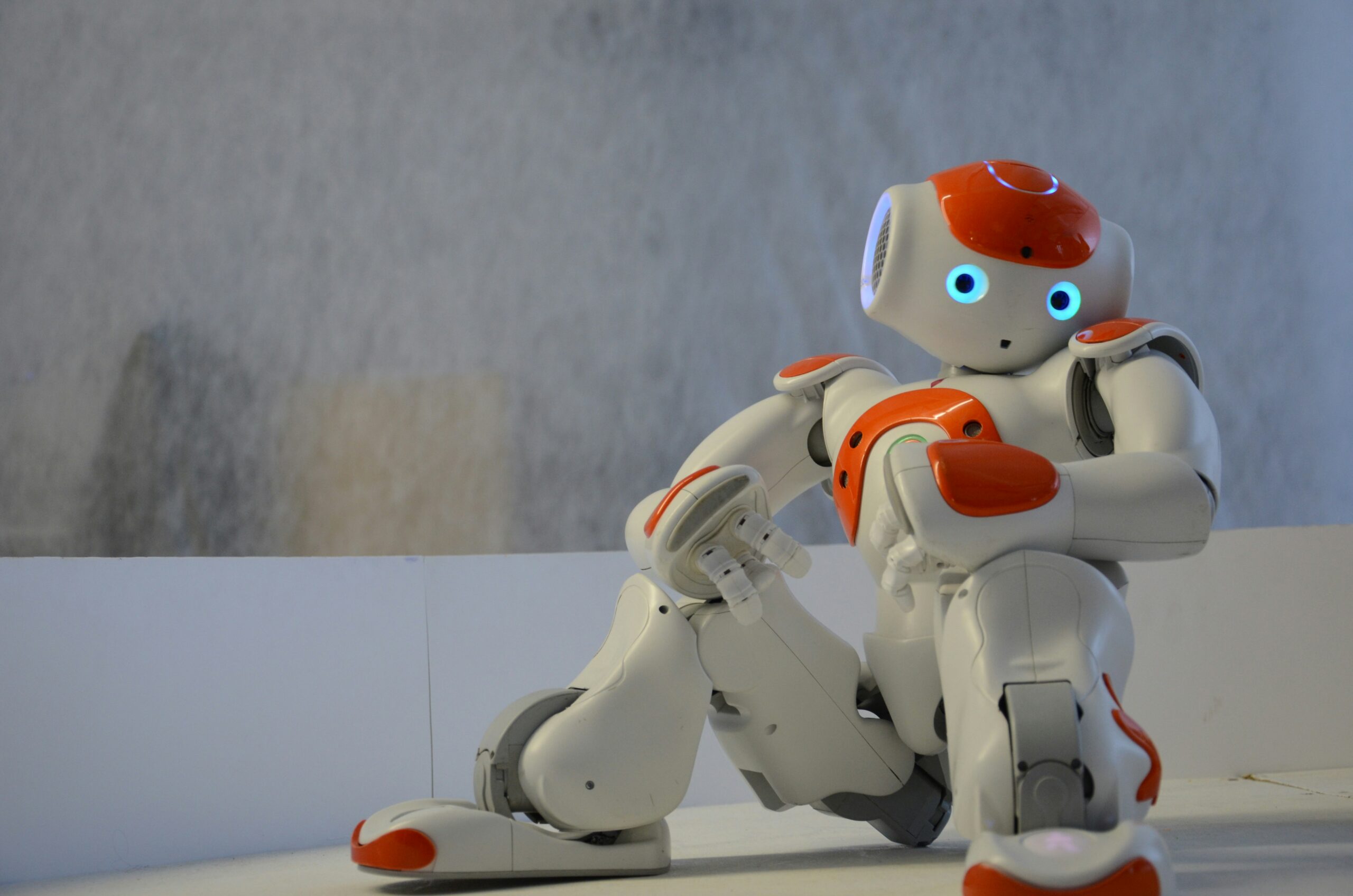Healthcare has always been at the forefront of innovation, and today, artificial intelligence (AI) is transforming the way we prevent, diagnose, and treat diseases. From predicting patient outcomes to optimizing hospital workflows, AI is not just a futuristic concept it is a life-saving reality.
At Stories Mingle, we explore how intelligent systems are reshaping healthcare, making it more precise, accessible, and efficient for millions around the world.
The Rise of AI in Healthcare
AI has rapidly evolved from simple algorithms to sophisticated systems capable of understanding complex medical data. Modern AI applications in healthcare include:
- Predictive analytics: Identifying patients at risk of chronic illnesses before symptoms appear.
- Medical imaging analysis: Detecting anomalies in X-rays, MRIs, and CT scans with higher accuracy than traditional methods.
- Virtual health assistants: Providing 24/7 support for patients, including reminders, symptom checking, and guidance.
These applications not only improve patient outcomes but also reduce the workload on overburdened healthcare professionals.
Intelligent Diagnosis: Precision Meets Speed
One of the most impressive contributions of AI is diagnostic accuracy. Traditional diagnosis often depends on human experience and time-consuming tests. AI systems, however, can:
- Analyze thousands of patient records in seconds.
- Detect patterns invisible to the human eye.
- Predict potential complications before they become critical.
For example, AI models have been instrumental in early cancer detection, analyzing medical images to identify tumors at stages when treatment is most effective. This capability is changing lives by catching diseases before they progress.
AI in Treatment Planning
Beyond diagnosis, AI is revolutionizing treatment strategies:
- Personalized medicine: AI analyzes genetic data to tailor treatments specific to an individual’s biological makeup.
- Drug discovery: Machine learning accelerates the creation of new drugs by predicting molecular interactions and potential side effects.
- Robotic surgery: AI-assisted surgical robots enhance precision, reduce recovery time, and minimize complications.
Through these innovations, healthcare providers can offer treatments that are both effective and patient-centric.
Improving Hospital Operations
AI isn’t limited to patient care it also optimizes hospital management and operational efficiency:
- Predictive staffing: AI can forecast patient inflow, helping hospitals allocate staff effectively.
- Supply chain management: Intelligent systems track inventory, ensuring essential medications and equipment are always available.
- Administrative automation: Routine tasks like appointment scheduling, billing, and record-keeping are streamlined, freeing up staff for critical care.
This integration of AI into hospital operations ensures smoother workflows and reduces human errors, ultimately enhancing patient safety.

AI and Remote Healthcare
The rise of telemedicine has been amplified by AI. Remote healthcare solutions powered by intelligent systems include:
- Symptom checkers and chatbots: Offering guidance for minor conditions or determining if in-person care is needed.
- Remote monitoring devices: AI-enabled wearables track heart rate, blood sugar, and other vital signs, alerting doctors to anomalies.
- Predictive alerts: AI can notify patients about medication schedules or potential health risks, improving adherence and outcomes.
Especially in rural or underserved areas, AI-powered remote healthcare brings life-saving medical insights to those who need them most.
Real-Life Impact Stories
Stories Mingle believes in highlighting the real-world impact of technology. Here are some remarkable examples of AI in action:
- A hospital in Europe used AI to detect early-stage lung cancer in patients who otherwise would have gone undiagnosed. Early intervention significantly improved survival rates.
- In the United States, AI algorithms analyzed electronic health records to predict sepsis in ICU patients hours before traditional methods could, saving countless lives.
- Wearable AI devices in Asia monitor heart conditions in real-time, alerting users and doctors before emergencies occur.
These stories showcase the transformative power of AI, illustrating how intelligent systems are more than tools they are partners in saving lives.
Challenges and Ethical Considerations
Despite its benefits, AI in healthcare comes with challenges:
- Data privacy: Handling sensitive patient information requires robust security measures.
- Bias in algorithms: AI systems are only as good as the data they are trained on; biased data can lead to inaccurate predictions.
- Integration hurdles: Hospitals must invest in infrastructure and training to effectively implement AI solutions.
Addressing these challenges is essential to ensure AI remains a trusted and effective ally in healthcare.
The Future of AI in Healthcare
Looking ahead, AI will continue to evolve:
- Predictive population health management: AI may forecast disease outbreaks and help manage public health initiatives.
- Advanced diagnostics: Multi-modal AI systems could integrate imaging, genetics, and patient history to offer unprecedented diagnostic precision.
- Autonomous medical systems: AI robots could perform certain surgeries and treatments independently, guided by advanced learning algorithms.
At Stories Mingle, we believe these innovations will make healthcare more preventive, personalized, and globally accessible.
FAQs About AI in Healthcare
1. Is AI replacing doctors?
No. AI is a tool to assist medical professionals, enhance decision-making, and improve patient care. It augments human expertise rather than replacing it.
2. Are AI healthcare systems accurate?
AI systems have shown remarkable accuracy in diagnostics, often matching or surpassing human performance in specific tasks. Continuous training ensures ongoing improvement.
3. How does AI help in remote areas?
AI-powered telemedicine, wearable devices, and symptom checkers provide critical medical insights to regions with limited access to healthcare professionals.
4. Is patient data safe with AI systems?
When implemented with strong security protocols and compliance standards (like HIPAA), AI systems can protect sensitive data while providing valuable insights.
5. Can AI predict rare diseases?
Yes, AI algorithms can detect patterns and early indicators that humans may overlook, helping in early diagnosis of rare or complex conditions.
Conclusion
AI is no longer a futuristic concept it is a lifesaving reality in today’s healthcare system. From early detection and personalized treatments to operational efficiency and remote care, intelligent systems are transforming lives across the globe.
Through Stories Mingle, we celebrate these innovations and highlight the human stories behind AI’s impact. By combining technology with compassion, AI in healthcare is helping millions live healthier, longer lives and the journey has only just begun.










